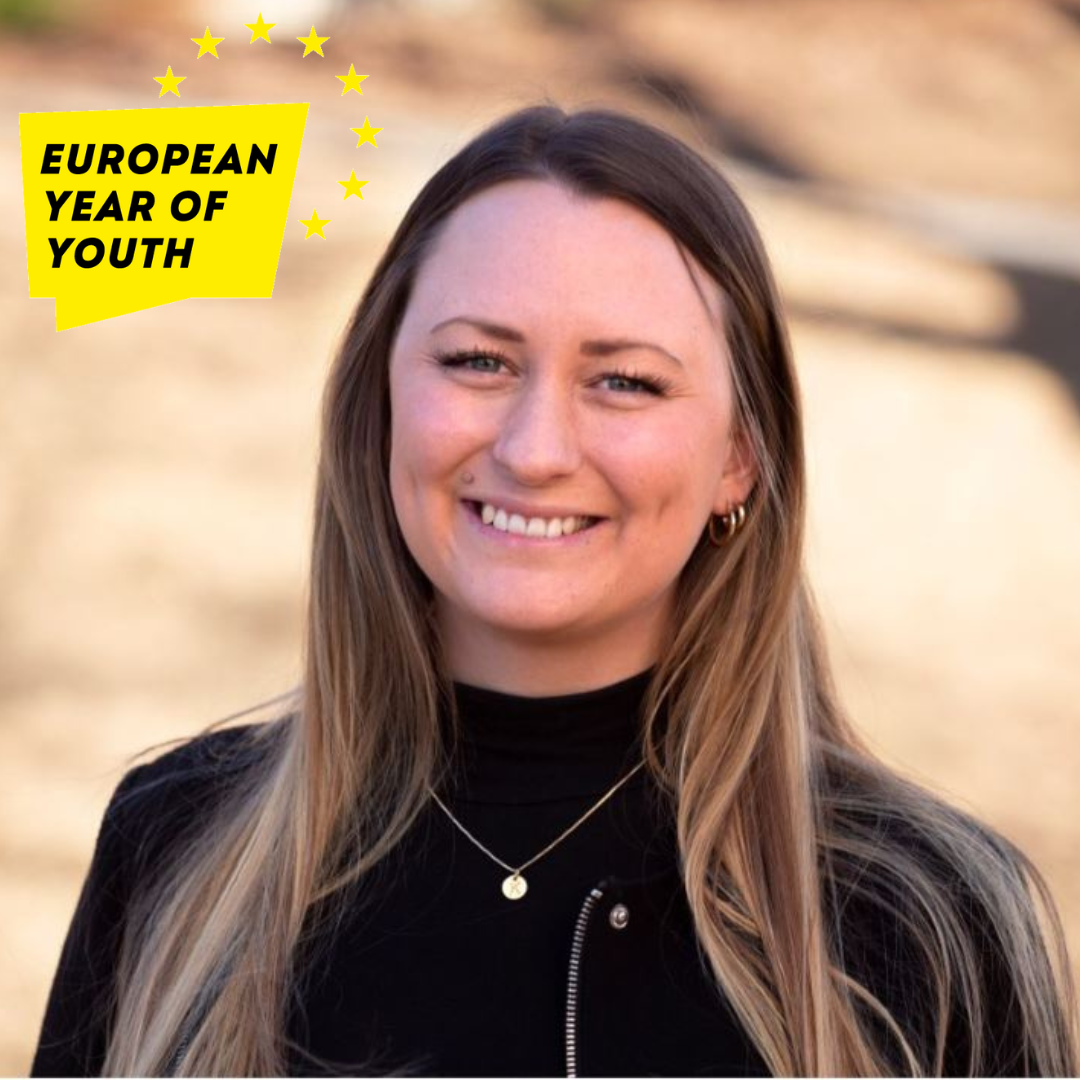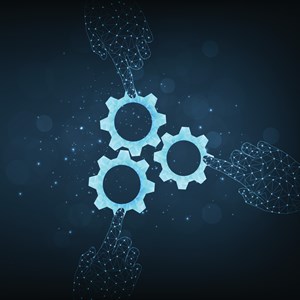2022 is the European Year of Youth. To celebrate this occasion, CEN and CENELEC are conducting a campaign, presenting a regular series of interviews with young professionals active in European standardization. In the third episode of the series, we get to know Kristin Fagerli, from Norway.
1. Please, present yourself. How are you involved in standardization?
As the sector manager for renewable energy in the Norwegian Electrotechnical Committee (NEK), I am involved in standardization directly through my everyday work. I facilitate the participation of Norway at the European and international level through our membership in CENELEC and IEC. I am also responsible for some national projects and publications.
My responsibilities also cover technical committees on transformers, overhead lines, liquids for electrotechnical purposes and rotating machinery. This gives me a great overall view of power systems.
2. Why and how did you become interested in standardization?
I had little previous experience on standards and standardization as I was employed at NEK immediately after university, but I found out early on that the world of standardization is very well suited for those who are still early in their career. Through my work in the technical committees, I had the opportunity to meet the very top experts in their field, network with them and ask all kinds of questions on neutral ground. I found that most experts are eager to share their knowledge: for this reason, working in technical committees and working groups can be a fast-track to knowledge and professional development.
3. Do you think standardization provides some added value for your career development?
Obviously, being employed in a national standardization body makes my role a little bit different than other young professionals involved in standardization. It is more important that I gain overall knowledge on standards and become an expert on standardization than in-depth technical expertise.
Nevertheless, I do feel that coordinating the efforts of the experts in so many different professional fields has given me some in depth insight and at least basic knowledge of all of NEK’s activities. This is a great steppingstone for me in the future, regardless of where my career takes me.
4. At NEK, you are also responsible for the Young Leadership Programme. Can you please share with us some insights from the experience? And what advice would you recommend to other CEN and CENELEC members interested in repeating the experience?
When I started working in NEK it became clear to me that there were very few people like me in our technical committees. Most experts were middle-aged men with long careers behind them. There is absolutely nothing wrong with all these experienced and very pleasant men – as I said above, I have learned a lot from them. It is just that young people, the experts of tomorrow, could provide a valuable perspective to the development of our standards.
Standards are more valuable when they are the result of consensus, but such consensus should be made among the many, not the few. The composition of experts should reflect the industry, and on the market you will find young people as well as the experiences ones.
My best advice to other CEN and CENELEC members is to do the same thing NEK did: we need to start recruiting young people early on. They are the ones who will use the standards we’re making today in the years to come. They are the future leaders of tomorrow. They need the professional network our technical committees provide to its members.
It takes time to become an expert in standardization: therefore, it is key to let people engage with in early on in their career. But it requires a targeted approach, and all national standardization bodies should have one.
I am not saying we at NEK have all the answers: we most certainly do not. But if our experience can be of help to any other national standardization bodies, please do not hesitate to get in touch with me!
5. Do you have or have you had a role model or mentor in standardization? What is the best advice they gave you?
The Norwegian Electrotechnical Committee is an open workplace, where doors are always open. The best advice I got was to dare to ask. Both my colleagues and other people in our network have been extremely helpful, enabling me to do my job in the best way possible.
I have kept on asking question even while I was slowly gaining more experience. I find that this breaks the ice in meetings, people happily answer, as they are eager to share their knowledge. As a bonus, it makes it easier for other newcomers to ask their own questions, while experienced experts get a recap on information they might have forgotten.
6. What advice would you like to tell your fellow young professionals to invite them into the world of standardization?
I find that the use of the term “technical expert” can sound a bit intimidating on young people. It could seem like this is a status you gain when you’ve been for 20 years in the industry or when you receive your second PhD. This is, however, not the case. Most young people are somehow experts in their field, and could all benefit if we help them find the confidence to claim their place in our committees.
My key advice to young professionals would therefore be to join as soon as possible a committee suitable to their interest and background.
The technical committees and working groups are strong professional communities that will help young people accelerate their career. It also makes it possible to expand their professional network, getting to know and benefit from the experience of older experts.
You can follow the rest of the campaign here and also read the other interviews to our Young Professionals in Standardization.
Read the previous episodes of the series:
Join the conversation through the hashtag #EuropeanYearOfYouth




